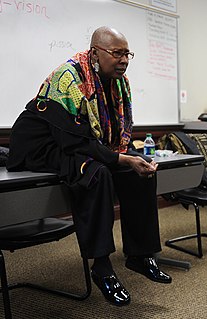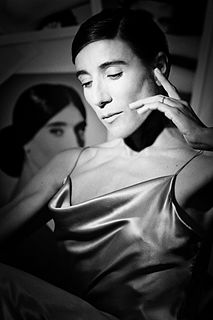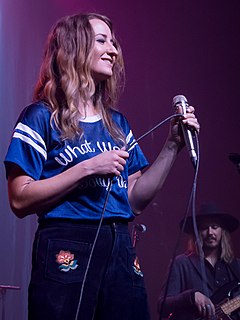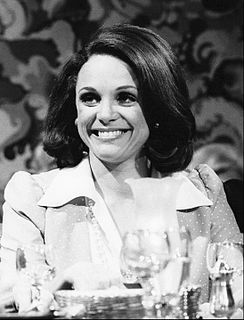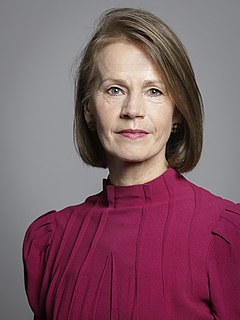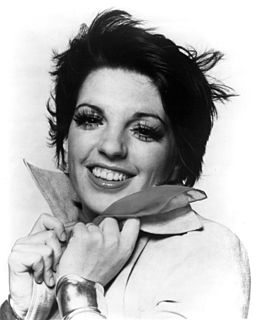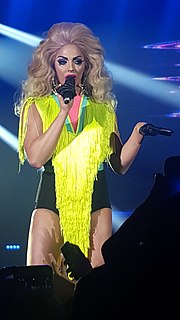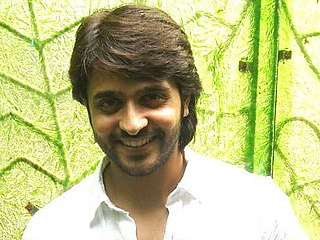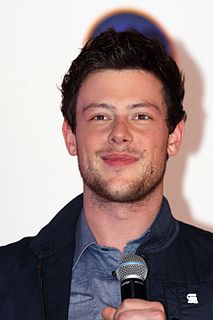A Quote by Judith Jamison
As a dancer, you really try to stay true to whatever the choreographer/artistic director is giving you. So, now the shoe is on the other foot and I have to trust everyone else - I have to trust the dancer. As I was trusted as a dancer, I trust my dancers.
